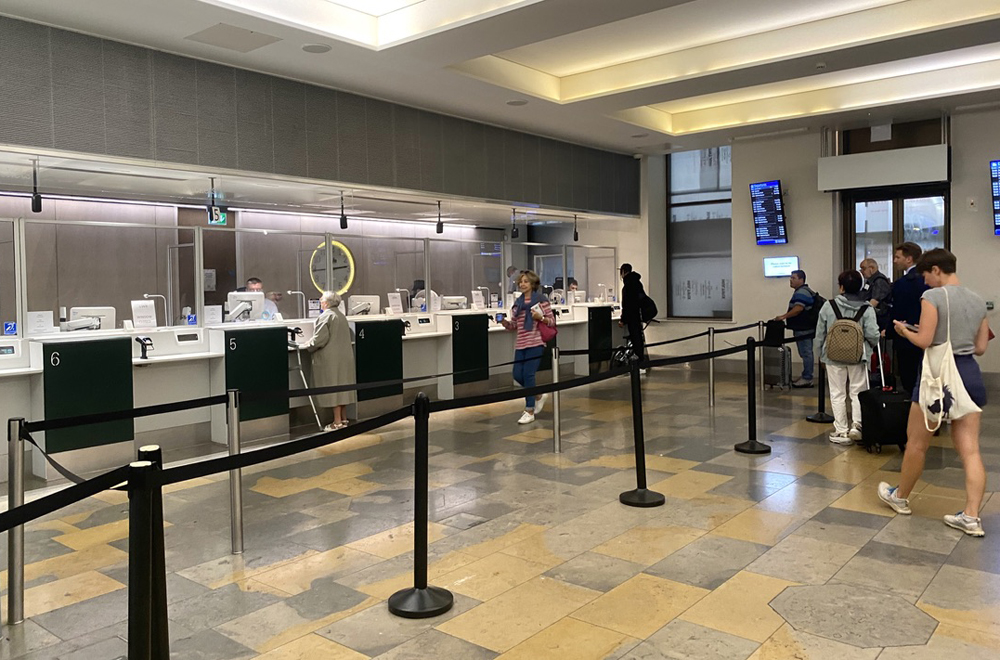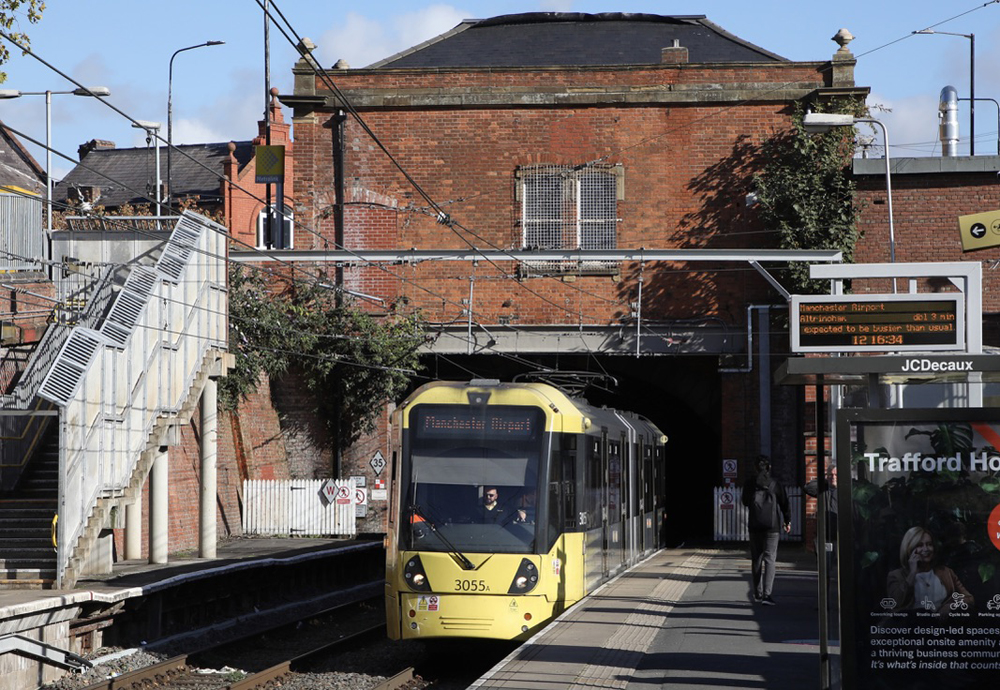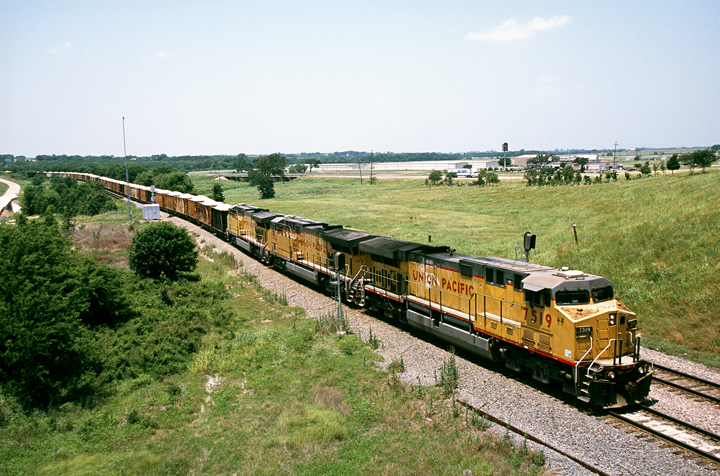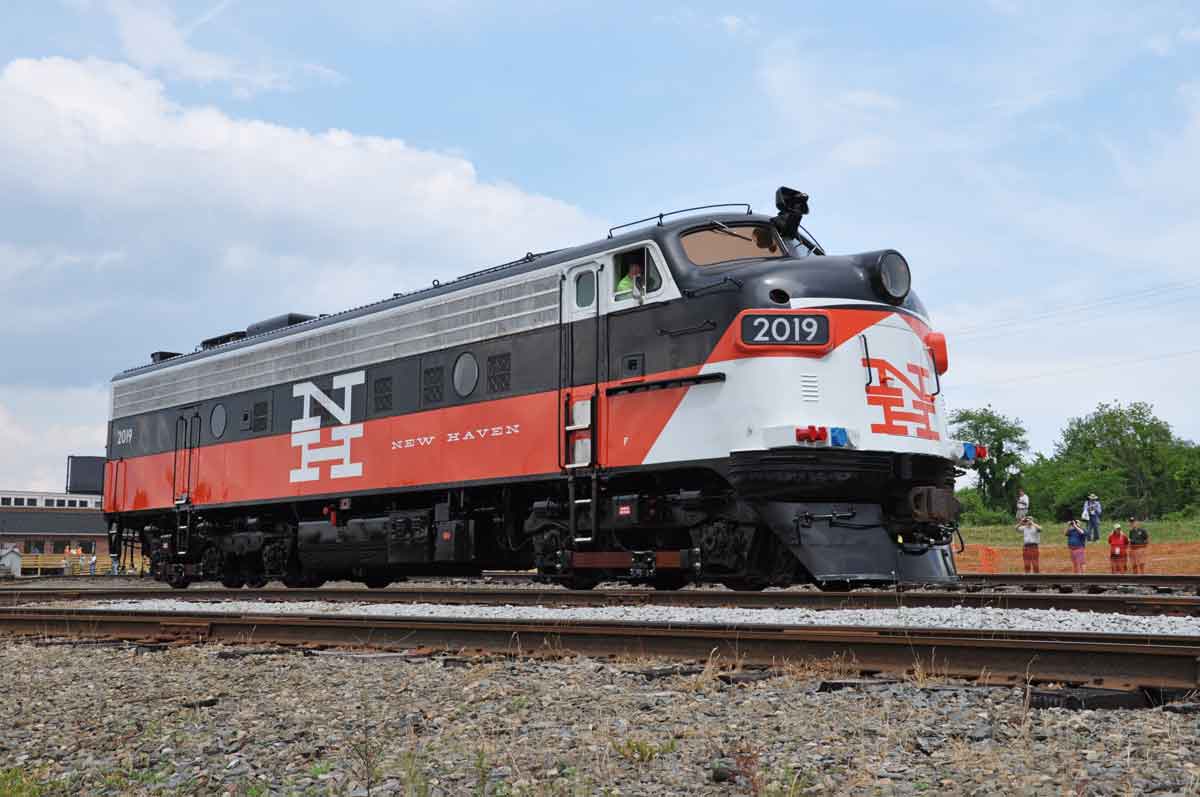
LONDON — Plans to close almost every ticket counter at English railway stations have been dropped after public consultation rejected the proposals. In an unusual success for citizen participation, over 750,000 people responded to the public consultation — a record for any public consultation in England, not just one related to the rail industry.
About 99% of those responding opposed the plans, which were announced earlier this year [see “Plan to close English ticket offices brings controversy,” Trains News Wire, July 29, 2023]
Rail industry bodies responsible for consumer protection responded to the consultation by declaring the proposals unacceptable, and within hours the government agreed, saying complete closure of ticket offices was never what it wanted to see happen. The various rail companies who actually run the ticket offices as part of their contracts with the government have announced they will not be closed. However, some companies had been winding down operations, not recruiting replacements for staff for who retired or found other jobs
Privately, rail company managers are irate at the handling of the situation. First, they had to front the proposed closures required by the government’s transportation department, which awards their contracts — although the government maintained the pretense, in public at least, that a nationwide consultation by all the contracted train operators was somehow a commercial decision they had all agreed to do at the same time. The operating companies have now had to do a complete U-turn, saying they will not close any of ticket offices, after upsetting large numbers of customers and their own staff.
Industry observers regard the decision to retain all ticket offices as the worst of all options. Closing every ticket counter, especially in big cities when alternative retail systems (e.g. ticket vending machines or phone apps) literally cannot offer the full range of tickets was nonsensical. But retaining the current number of ticket counters, as well as their staffing levels in many smaller places, is also not economically viable long term, as around 85% of tickets are bought from vending machines or online.
The consultation highlighted the difficulties disabled or elderly travelers would have without personal assistance – in buying tickets and arranging boarding assistance, for example; without better ways of offering this, it appears some ticket counters will remain staffed for many years. The entire experience may help accelerate introduction of a long promised, but not so far realized, simplified rail fare system; currently literally thousands of fares exist, and advance purchase of some is near impossible, meaning passengers have to pay on the day of travel.
Fallout from HS2 cancellation continues

When British Prime Minister Rishi Sunak announced he was cancelling the second stage of the UK’s HS2 high speed rail project, he said $43 billion would be saved, and that money would be spent on a wide range of projects, mostly in northern England [see “British government axes part of planned high-speed route,” News Wire, Oct. 4, 2023].
Sunak’s Transportation Department published a detailed list of these projects within minutes of the speech ending, but the list and the likelihood of many of the projects happening has reduced significantly in just a few weeks. Many of the projects specifically listed as benefiting from the sudden windfall of cash are now described as possible projects that could or may be funded.
As critics quickly pointed out, some of the “future” projects on the list had already been built — for example, the light rail line to Manchester Airport, which opened nearly a decade ago. Other projects included a rail line reopening in the northeast of England that proponents have sought for around 40 years; their jubilation at seeing the line listed as funded soon disappeared, as an updated list published within days didn’t include it at all. For the remaining projects, much of the funding itself is unclear, as HS2 was being financed by government debt specifically for that purpose, and the British Treasury Department is unlikely to allow the money to be simply redirected.














News coverage of the long-in-the-tooth Tory government in Westminster frequently uses the term “shambolic.” Seems perfectly appropriate in this case. I would encourage wider adoption of the term on this side of the Atlantic…